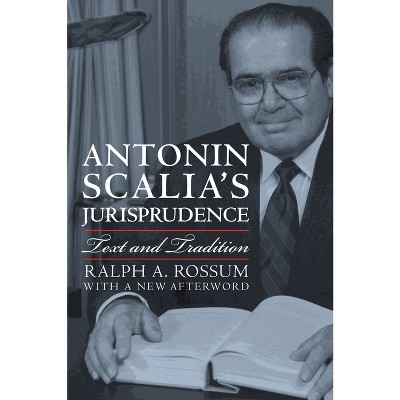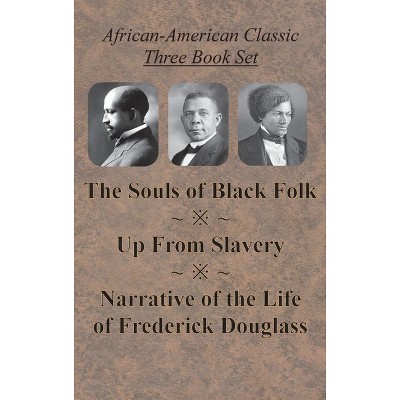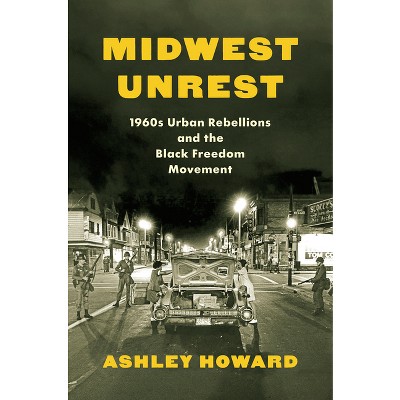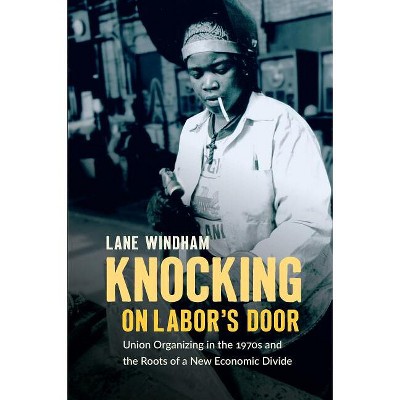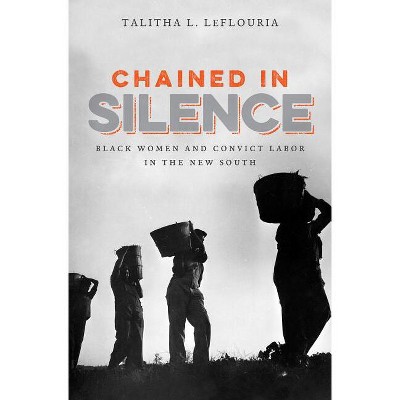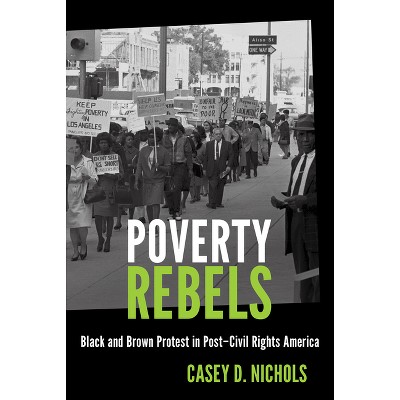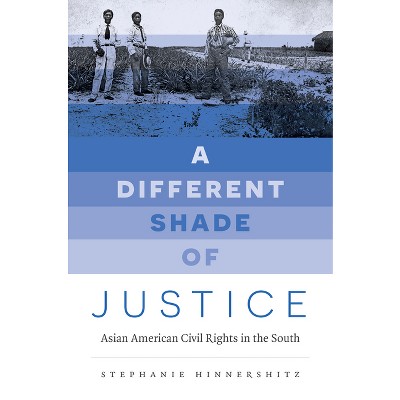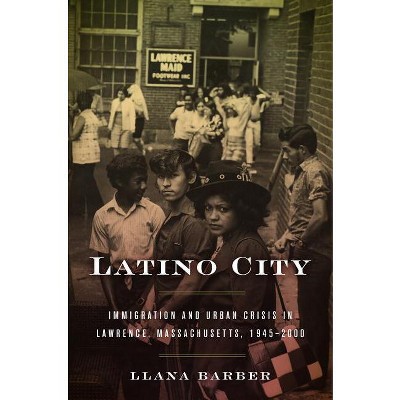Sponsored

Class Warfare in Black Atlanta - (Justice, Power, and Politics) by Augustus Wood
In Stock
Sponsored
About this item
Highlights
- Between 1966 and 2015, the city of Atlanta was transformed.
- About the Author: Augustus Wood is assistant professor in the School of Labor and Employment Relations at the University of Illinois Urbana-Champaign.
- 360 Pages
- Social Science, Ethnic Studies
- Series Name: Justice, Power, and Politics
Description
About the Book
"Between 1966 and 2015, the city of Atlanta was transformed. Black politicians ascended to the top of the power structure for the first time thanks to newly enfranchised Black working-class voters. The demographics of the city shifted in the late '60s and early '70s, and the combination of Black empowerment and white flight produced a growing Black working-class majority that increasingly demanded Black Power policies that often clashed with the policies supported by affluent residents. But by the 2010s, Atlanta's city core had been thoroughly gentrified, and the ability of Black working-class Atlantans to organize and build power had diminished significantly. Tracing the history of post-civil rights Black Atlanta through rigorous class analysis, Augustus Wood argues that Black and white elites responded to an energized and politicized Black working class by forging a public-private partnership power bloc in Atlanta, positioning the relatively small but rising Black middle class as participants in the colonizing of working-class Black bodies and spaces-expanding the racial class contradictions in Black Atlanta. This bloc worked to shift state funding away from public services and toward gentrification projects that demolished subsidized housing and ramped up police surveillance to deter working-class resistance. Paying close attention to political economy and class while drawing on unexamined archival sources and oral histories of Black working-class Atlantans, especially Black women, Wood reframes our understanding of contemporary Black urban life by highlighting the centrality of intraracial class conflict in the dynamics of urban space"--Book Synopsis
Between 1966 and 2015, the city of Atlanta was transformed. In the late 1960s, Black politicians ascended to the top of the power structure for the first time thanks to newly enfranchised Black working-class voters. Through the early 1970s, the demographics of the city shifted, and the combination of Black empowerment and white flight produced a growing Black working-class majority that increasingly demanded Black Power policies that often clashed with the policies supported by affluent residents. But by the 2010s, Atlanta's city core had been thoroughly gentrified, and the ability of Black working-class Atlantans to organize and build power had diminished significantly.
Tracing the history of post-civil rights Black Atlanta through rigorous class analysis, Augustus Wood argues that Black and white elites responded to an energized and politicized Black working class by forging a public-private partnership power bloc that included the small but growing Black political leadership, expanding the racial class contradictions in Black Atlanta. This bloc worked to shift state funding away from public services and toward gentrification projects that demolished subsidized housing, and it ramped up police surveillance to deter working-class resistance. Paying close attention to political economy and class while drawing on unexamined archival sources and oral histories of Black working-class Atlantans, especially Black women, Wood reframes our understanding of contemporary Black urban life by highlighting the centrality of the dynamics of intraracial class conflict in urban space.
Review Quotes
"A cutting-edge intervention in contemporary discourse. Wood comprehensively reconstructs the history of Black Atlanta in the post-civil rights era from a class analysis in the Black radical tradition."--Akinyele Omowale Umoja, author of We Will Shoot Back: Armed Resistance in the Mississippi Freedom Movement
"A model study of gentrification 'from below.' Augustus Wood shows how Black and white elites engineered the displacement of historic working-class African American neighborhoods and disrupted their grassroots social justice movements."--Joe William Trotter Jr., author of From Enslavement to COVID-19: A History of African American Health and Labor
"Sound, unapologetic, and provocative. Class Warfare in Black Atlanta is a game-changing treatment of gentrification in Atlanta."--Winston A. Grady-Willis, author of Challenging U.S. Apartheid: Atlanta and Black Struggles for Human Rights, 1960-1977
About the Author
Augustus Wood is assistant professor in the School of Labor and Employment Relations at the University of Illinois Urbana-Champaign.


